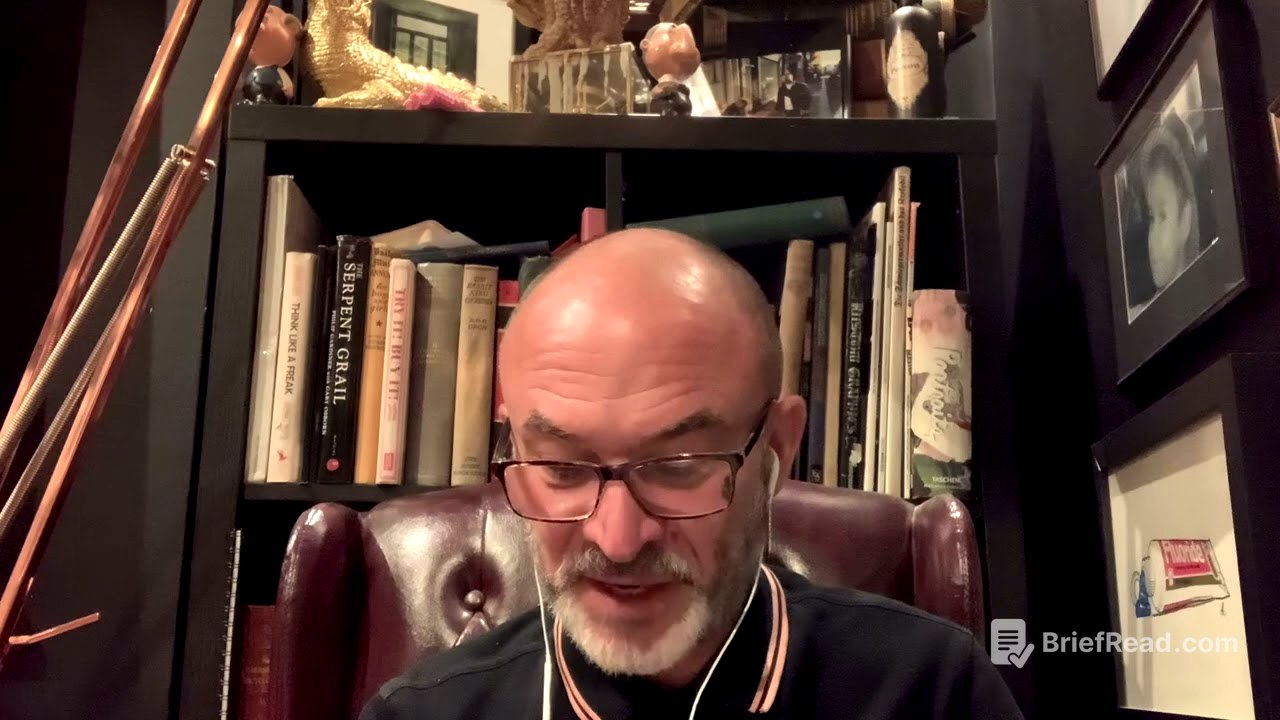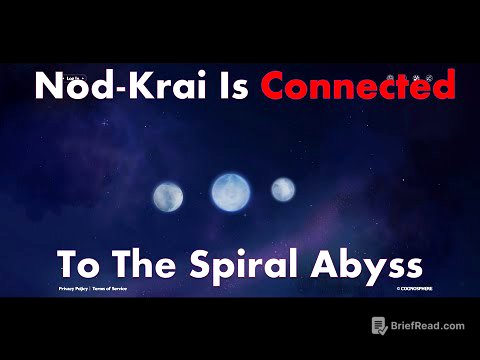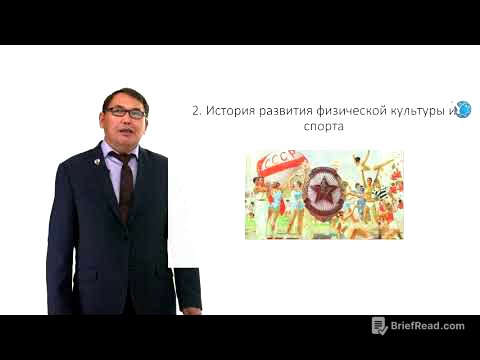TLDR;
The podcast episode introduces the book "Tesla and the Cabbage Patch Kids" and its first chapter, "Has History Been Rewritten?". The chapter explores the theory of a historical reset around 1802 AD that plunged humanity back into the Stone Age, concealing advanced knowledge linked to the Tartarian Empire. It discusses the possibility of an additional 800 years added to our timeline by the Vatican and the Jesuits, the role of figures like Anatoly Fomenko, Isaac Newton, and controversial chronologists in shaping our understanding of history, and the flaws in dating techniques like dendrochronology and radiocarbon dating.
- The book explores the theory of a historical reset and concealed knowledge.
- It questions the accuracy of our current timeline and the influence of the Vatican and the Jesuits.
- It examines alternative historical theories proposed by mathematicians, scientists, and historians.
- It critiques the reliability of dating techniques used in archaeology and historical research.
Introduction [0:00]
The speaker introduces the first of 16 podcasts, each dedicated to a chapter of their book, "Tesla and the Cabbage Patch Kids". They share positive feedback received, particularly from their 75-year-old mother, highlighting the book's broad appeal.
Has History Been Rewritten? [0:55]
The chapter begins by suggesting that civilisations of the past were more advanced than commonly believed. It posits that a significant reset occurred around 1802 AD, following a great flood, which caused a regression to the Stone Age and the suppression of existing knowledge. This concealed knowledge is now often dismissed as pseudo-science and is linked to the Tartarian Empire. Some historians argue that the Dark Ages never happened and that the architectural achievements attributed to the Greeks and Romans were actually the work of the Tartarian people.
The Current Year: 2024 [2:04]
The chapter suggests that the Vatican and the Jesuits may have added approximately 800 years to our timeline before the reset in 1776, coinciding with the founding of America. The speaker references the "Novus Ordo Seclorum" on the American dollar bill and the creation of the Illuminati in 1776. The Jesuits are described as a powerful religious order that infiltrated the Freemasons and other secret societies, with the backing of the Vatican, and are allegedly responsible for many global conflicts and disasters. They are essentially viewed as the military division of the Roman Catholic Church.
Alternative Historical Theories [3:13]
The chapter references Russian mathematician Anatoly Fomenko, who developed the "New Chronology," a pseudoscientific history challenging conventional timelines. It is mentioned that Albert Einstein also believed that at least 800 years had been added to our timeline and that the Dark Ages never existed. Even Charles Darwin is said to have confessed on his deathbed that he was paid by the Vatican to create his theories. Isaac Newton also researched alternative timelines, but his work, "The Chronology of the Ancient Kingdoms Amended," was dismissed by mainstream historians.
Flaws in Chronology [4:23]
The basis of these alternative theories is the idea that historical narratives contain repeated "phantom" events, dynasties, and people, introduced by chronologists like Joseph Scaliger, a Jesuit responsible for the timeline we use today. Scaliger introduced dubious dating techniques like dendrochronology (counting rings in tree trunks). Radiocarbon dating is also questioned, as archaeologists often compare newly discovered artefacts to similar items and assume they are from the same period. This creates a flaw in modern archaeology if the original timeline is incorrect.
Scalarane and Chronology [5:19]
The chapter asserts that Scaligerian chronology, conceived in the 16th and 17th centuries, is derived from the writings of the Jesuit Church. It suggests that the foundation of this concept is attributed to Eusebius and St. Jerome in the 4th century, but paintings of these figures depict them in Renaissance-era clothing. Eusebius's "History of the Church," which claims to date events from Genesis to the Council of Nicaea in 325 AD, was not published until 1544 AD. The book also questions whether the Old Testament was written before or after the New Testament, as it contains dates and events based on the works of James Ussher, who claimed the world was created on Sunday, 23rd October 4004 BC.
Book Promotion and Closing Remarks [6:35]
The speaker concludes by offering a snippet from their book and providing information on where to purchase it, including signed copies directly from them, Amazon, and as an ebook. They encourage viewers to ask questions and express gratitude to those who have already purchased the book.









